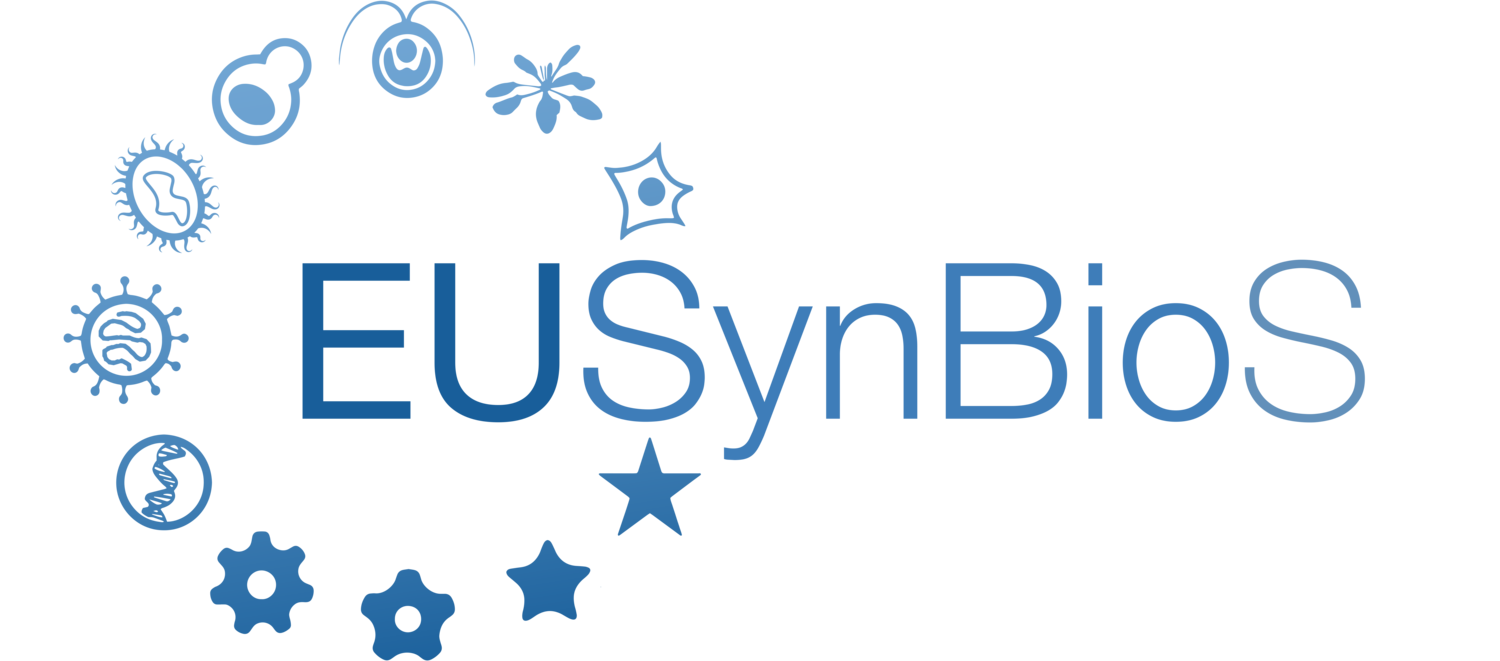Young PIs in action: Interview with Arren Bar-Even
For the next instalment of our young PI series, we interview Arren Bar-Even from the Max Planck Institute (Potsdam-Golm)
Kostas Vavitsas: You are working on redesigning carbon fixation and photosynthetic reactions. Do you think that we can we really improve photosynthesis?
Arren Bar-Even: That is a good question, and the answer is not very clear. There are indications that modifications in both the light and dark reactions can increase certain aspects of photosynthetic efficiency. For example, if we tamper with photorespiration, productivity can increase in crop plants, as reported recently by South et al.
The real problem is that generally we can not transfer observations and insights from one organism to the other, or even from one condition to the other. The main issue is that we don’t really know the precise metabolic and physiological mechanisms. Again in the example by South et al, they claim that the increase in crop productivity is due to the local increase in carbon dioxide. But every model we have run disagrees with this as the full oxidation of glycolate is highly counterproductive, so the reasoning for the observed increase in productivity upon expression of the pathway might be different than the one suggested.
Generally speaking, the high complexity of plants - as compared for example to bacteria - make them behave in an almost chaotic manner upon modification, that is, small modifications can have a substantial impact that is very difficult to predict. This makes many of the observed results difficult to interpret or repeat.
KV: Modern research is interdisciplinary. Do you think the way Universities and research institutes are structured facilitates this kind of research?
ABE: My first answer would be no. My research approach is dependent on close inteartion between biotic and an abiotic systems. Hence, I’m involved in multiple collaborations with chemists. I established this on my own without institutional support.
I think collaborative research is not built into the system. That is especially true within the Max Planck Society, where every Institute focuses on a very narrow research field. Universities might be a bit different, as they harbour multiple departments. However, people tend to stay in their field and within their comfort zone.
I must admit that I don’t know how this can be improved in a systematic manner. But I encourage researchers to seek interdisciplinary collaborations and not focus only on their day-to-day research and short-term outcomes. The benefits might be long-term, but keep in mind that such collaborations can substantially contribute to your research.
KV: How was the transition from a PhD student to a PI? Was it as you had imagined it?
ABE: The transitions was actually as I had imagined it. There was a lot of work and the amount of stress definitely increased. But in a way it is “my” fault, as I decided to run a big lab and multiple ambitious research goals. I could have stayed small, but I chose otherwise. What I maybe didn’t expect is the extent by which such continuous work erodes you over time.
KV: What was your biggest professional challenge?
BE: I would say the biggest challenges come from the research itself. I set ambitious goals and they are not easy to accomplish. Besides research, I would say the workload. There is always a huge amount of stuff to do and issues to deal with.
KV: What is the one most important piece of advice you would give to an Early Career Researcher in synthetic biology?
ABE: Generally speaking, you need to find the right balance between identifying and focusing on one or few research fields in which you can become the expert and spreading out to avoid being dependent on the success of a single project. Finding this balance is tricky...
Arren Bar-Even completed his Bachelor studies at the Technion, Israeli institute of technology, as part of the excellence program. He completed his Masters studies in the Weizmann Institute of Science (Israel) in Bioinformatics. At 2012 received his PhD from the Weizmann Institute of Science in Biochemistry. In 2015, he established the “Systems and Synthetic Metabolism” lab at the Max Planck Institute of Molecular Plant Physiology as an Independent Research Group Leader.
The answers were edited for length and clarity

